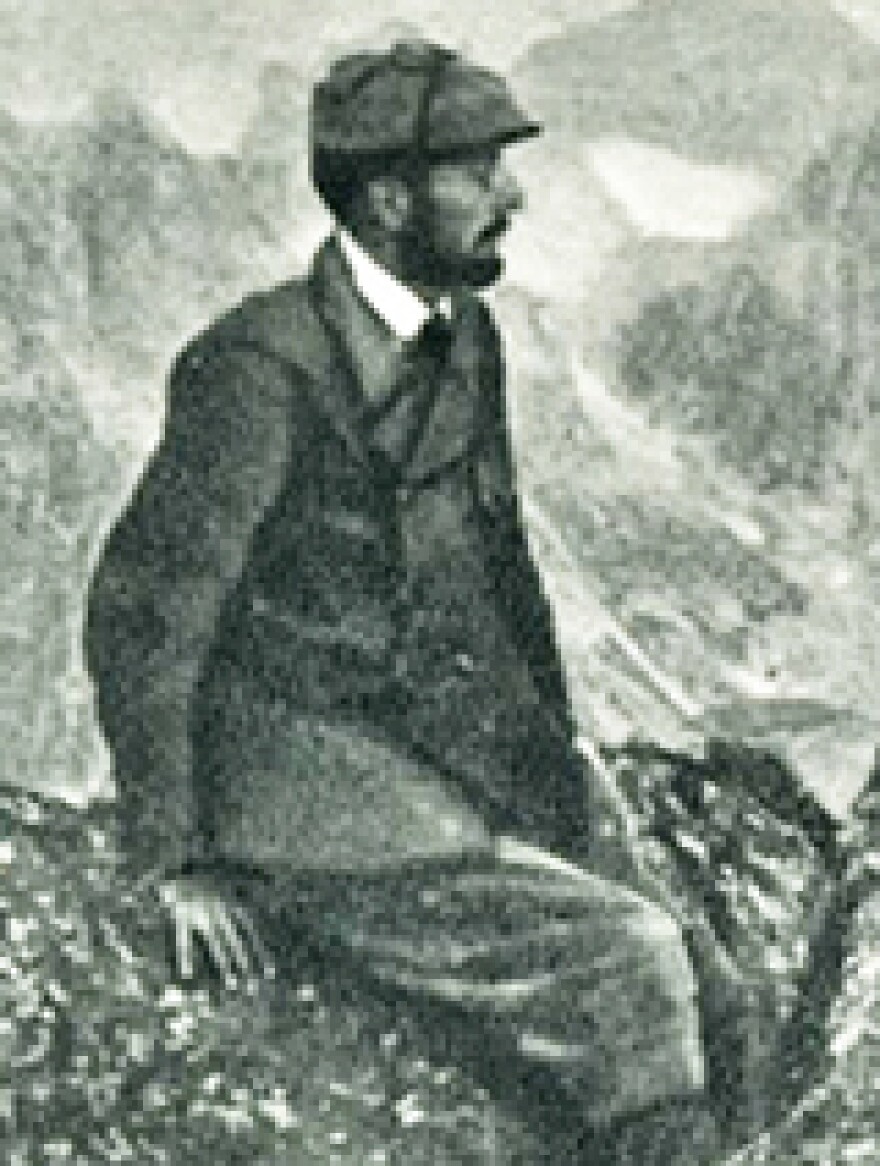Often overrun by foreign powers in its thousand-year history, Poland engenders pride in people of Polish descent around the world. October is Polish American Heritage Month, and we take a look at Mieczys?aw Kar?owicz as a representative of the hope and turmoil in the history of this country.Program:
Mieczys?aw Kar?owicz (1876-1909): Violin Concerto in A major, Op. 8 (1902). Nigel Kennedy, violin, Polish Chamber Orchestra, Jacek Kaspszyk, conductor
Kar?owicz: Lithuanian Rhapsody, Op. 11 (1906). Warsaw Philharmonic, Antoni Wit, conductor
Mieczys?aw Kar?owicz was born in Lithuania, which would seem to make him an odd choice for a Polish standard-bearer. But Poland and Lithuania were one commonwealth during the 16th to 18th centuries, and remain closely linked. Kar?owicz's father, also Lithuanian-born and also a composer, was an academic who worked throughout Poland and Germany. Mieczys?aw thus was able to study in Heidelberg, Prague, Dresden, Berlin, and Warsaw, where he settled.
Just at this time, Poland was trying to create an identity through the arts - after failed military uprisings against Russia - and the Young Poland movement proved very attractive to musicians, including Kar?owicz. They eschewed the nationalist tide of other countries, however, thinking that the use of traditional folk tunes would only atomize the multi-ethnic Poland even further. No, they would use the sounds of modernism, and for Kar?owicz the influence of Wagner, Tchaikovsky, and Richard Strauss is plainly evident. His Violin Concerto is solidly late-Romantic, a signal that Young Poland could be European in its outlook (meaning: not Russian).
But Kar?owicz wasn't just a lock-step movement composer. He chose not to join a Polish composers' publishing group, and his critical writing estranged him from other Polish musicians. His Lithuanian Rhapsody, filled with tunes of his homeland, would seem to backslide from the non-folk ideals of Young Poland. But its message is subversive in its own way. It hearkens to a time of just a century earlier, before Russian domination, when Poles and Lithuanians governed their own land. In its traditional dress it is a cry of independence just as valid - and just as emotional - as any work of modernism.
He loved his country, and as an avid photographer and mountain climber, loved the outdoors. On a February trip into the Tatra Mountains in the resort country near Zakopane, he walked to Ma?y Koscielec, a petite and spire-like mountain whose name means "small church." Kar?owicz knew it well, since he was the first to climb it in winter, only the year before. Probably, fragments from the tone poem he was composing circled in his mind as he hiked. But a sudden avalanche swept over and killed him. Mountain climbers still talk about it, and a hundred years later still visit this place to pay their respects. The unfinished work, Episode at a Masquerade, would become his opus 14, completed by his friend Fitelberg. Mieczys?aw Kar?owicz was 32.
We wonder what he might have written had he lived longer, since the works given to us are so full of promise, so full of the hope of an independent Poland.
More Information:

